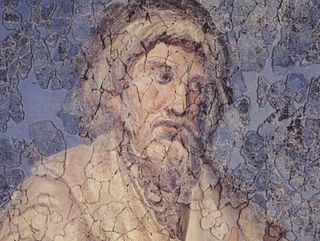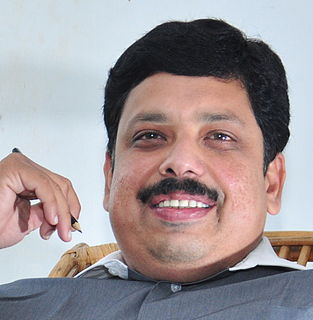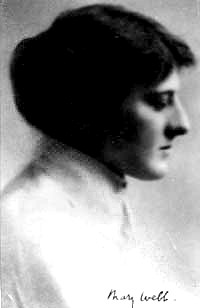A Quote by Seneca the Younger
Such is the blindness, nay the insanity of mankind, that some men are driven to death by the fear of it.
Related Quotes
Fear is not an emotion, it is a disease. It spreads from the leader to his followers and vice-versa. Nothing has killed more men in war than fear. What should a warrior fear? Death? But death is what everyone achieves ultimately. Is it wounds that you fear? What is more important? A pint of your blood or the nectar of victory? Think. Thinking will clear such doubts.
I think present-day reason is an analogue of the flat earth of the medieval period. If you go too far beyond it you're presumed to fall off, into insanity. And people are very much afraid of that. I think this fear of insanity is comparable to the fear people once had of falling off the edge of the world. Or the fear of heretics. There's a very close analogue there.
For where is the man that has incontestable evidence of the truth of all that he holds, or of the falsehood of all he condemns; or can say that he has examined to the bottom all his own, or other men's opinions? The necessity of believing without knowledge, nay often upon very slight grounds, in this fleeting state of action and blindness we are in, should make us more busy and careful to inform ourselves than constrain others.
We should think more about it, and accustom ourselves to the thought of death. We can't allow the fear of death to creep up on us unexpectedly. We have to make the fear familiar, and one way is to write about it. I don't think writing and thinking about death is characteristic only of old men. I think that if people began thinking about death sooner, they'd make fewer foolish mistakes.
Death is the end of the fear of death. [...] To avoid it we must not stop fearing it and so life is fear. Death is time because time allows us to move toward death which we fear at all times when alive. We move around and that is fear. Movement through space requires time. Without death there is no movement through space and no life and no fear. To be aware of death is to be alive is to fear is to move around in space and time toward death.
Better mendacities Than the classics in paraphrase! Some quick to arm, some for adventure, some from fear of weakness, some from fear of censure, some for love of slaughter, in imagination, learning later . . . some in fear, learning love of slaughter; Died some, pro patria, non "dulce" non "et decor" . walked eye-deep in hell believing in old men's lies, the unbelieving came home, home to a lie.








































